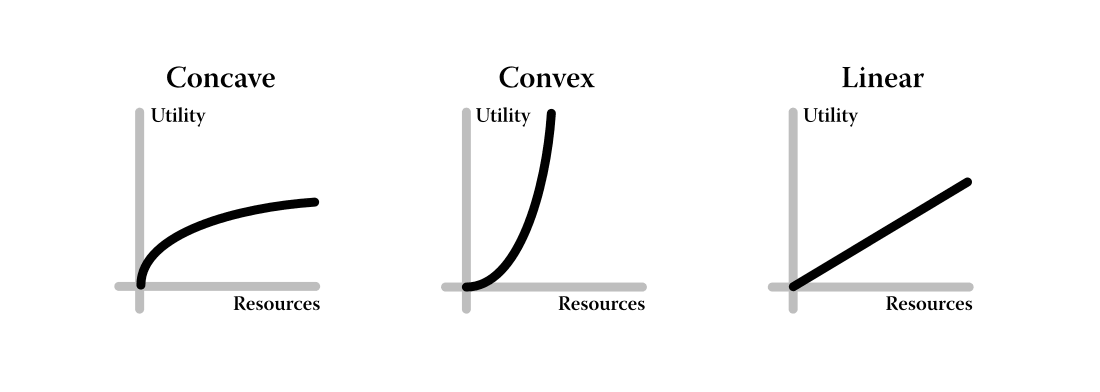Cohabitive Games so Far
A cohabitive game[1] is a partially cooperative, partially competitive multiplayer game that provides an anarchic dojo for development in applied cooperative bargaining, or negotiation. Applied cooperative bargaining isn't currently taught, despite being an infrastructural literacy for peace, trade, democracy or any other form of pluralism. We suffer for that. There are many good board games that come close to meeting the criteria of a cohabitive game today, but they all[2] miss in one way or another, forbidding sophisticated negotiation from being practiced. So, over the past couple of years, we've been gradually and irregularly designing and playtesting the first[2] cohabitive boardgame, which for now we can call Difference and Peace Peacewager 1, or P1. This article explains why we think this new genre is important, how it's been going, what we've learned, and where we should go next. I hope that cohabitive games will aid both laypeople and theorists in developing cooperative bargaining as theory, practice and culture, but I also expect these games to just be more fun than purely cooperative or purely competitive games, supporting livelier dialog, and a wider variety of interesting strategic relationships and dynamics. A salve for strife and waste In these primal lands It can be found Motivation We all need it In our formative years, we make many choices, but we hold no power, so most of us don't receive experience in negotiation until we're well into adulthood. Natural experiences of conflict tend to be messy, ambiguous, with high stakes, forbidding free experimentation. It's very much not conducive to learning. So let's make games that foster clear, low-stakes scenarios where negotiation can be learned. Democracy requires this of us. When we are not taught to recognize acceptable compromise, we wont be able to recognize legitimate political outcomes either. Most suffering comes from that. A person without negot

While I do think there are many reasons pluralism isn't stable, increasingly unstable as information technology advances, and there might not ever meaningfully be pluralism under AGI at all (eg, there probably will be many agents working in parallel, but the agents might basically share goals and also be subject to very strong oversight in ways that humans often pretend to be but never have been), which I'd like to see Ngo acknowledge,
The period of instability is fairly likely to be the period under which the constitution of the later stage of stability is written, so it's important that some of us try to understand it.